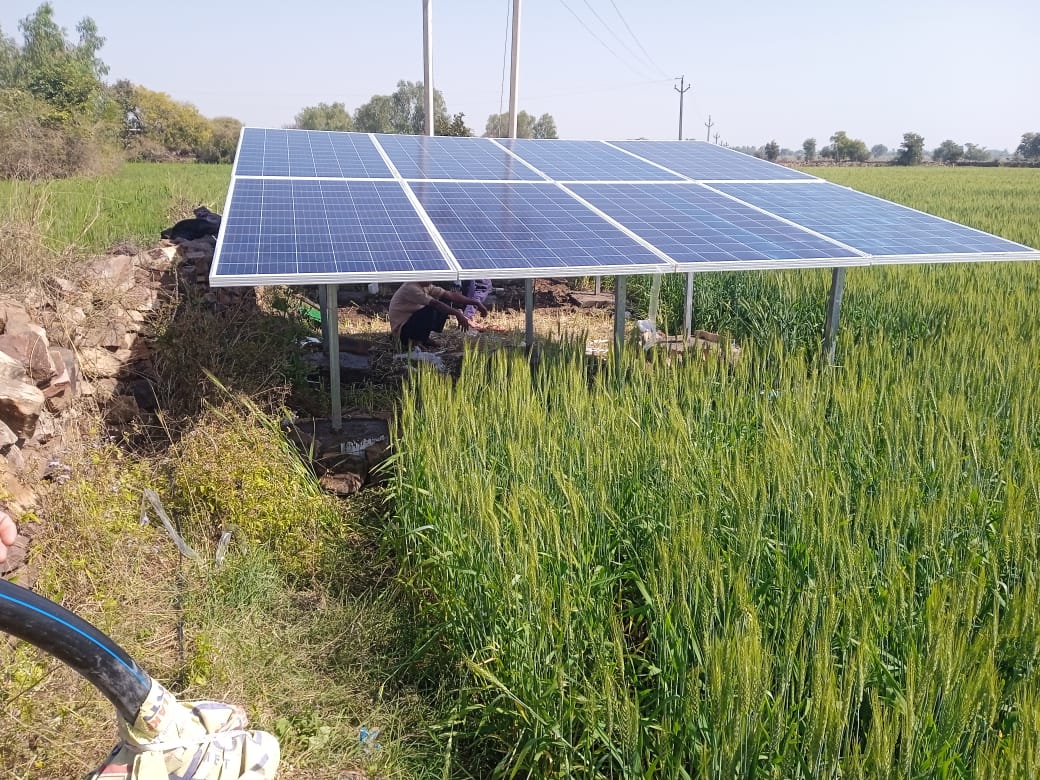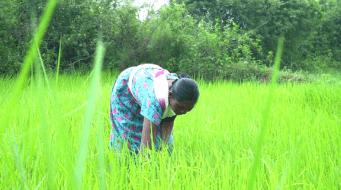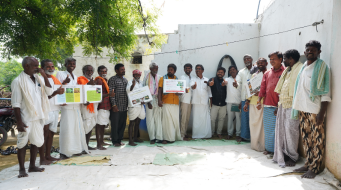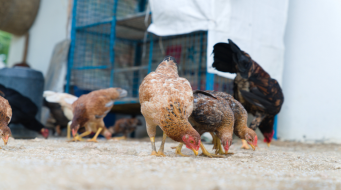IndusInd Bank and WOTR have signed an MOU with the Baran district administration to drive sustainable rural development. Under the MOU, IndusInd Bank’s ‘Flagship Program’ will be implemented in the district’s 200 villages. The program will tackle land and water management, climate-resilient agriculture, livelihoods, women and youth empowerment, and more. Its goal is to promote self-reliant, sustainable and climate-resilient social and economic growth. The MOU was signed by Narendra Gupta, the District Collector of Baran in the presence of senior officials from IndusInd Bank and WOTR.

About Baran
Located between latitude 24°25’00” and 25°27’00” east and longitude 76°12’00” and 77°25’00” north, Baran in Rajasthan spans an area of 6,992 sq. km and forms part of Kota Division. Bordered by Kota district in the west and Madhya Pradesh in the northeast and Jhalawar district in the south, the region boasts hill ranges of Vindhya in the northeast and low rounded hills of the Malwa plateau in the south. North-western parts of the district are occupied by sedimentary rocks of the Vindhya Supergroup.
Classified as an arid to semi-arid climatic zone by the India Meteorological Department, Baran experiences an average annual rainfall of 852.7 mm (1951-2000) which has reduced to 707 mm (2000-2011).
Objectives for IBL’s Flagship Program in Baran
The ‘Flagship Program’ in Baran will be implemented by WOTR with the following objectives:
- Efficient Resource Management: The program aims to restore, revive, and manage local resources while promoting soil and water conservation, water resource development, agroforestry, and technology integration in agriculture.
- Climate-Resilient Livelihoods: The focus is on promoting low-cost, environmentally friendly, and sustainable farm and non-farm livelihoods that are resilient to the changing climate.
- Water Stewardship: The program capacitates communities to understand water budgeting, facilitates crop planning based on available water, and promotes water use efficiency.
- Strengthening Community Institutions: The program promotes, strengthens, and sustains community-managed institutions such as Village Development Committees, SHGs, and Farmer Producer Organizations. It also establishes crop-specific value chains and market linkages to ensure competitive pricing.

Program Focus in Baran
The sectors that will be focused on are Agriculture and Water Resources, Basic Infrastructure, and Health and Nutrition. The target segment for the program is rural populations, specifically women and children, farmers, youth, SC and ST communities, and persons with disabilities. The project will run from November 2022 to September 2027, a duration of 59 months or nearly 5 years and will also converge with key government schemes including the NREGS, PM Fasal Bima Yojana, Pradhan Mantri Krishi Sinchayee Yojana, Irrigation Pipeline program, PM Kaushal Vikas Yojana, Kusum Scheme, Fountain and Drip Irrigation, Nation Horticulture Mission, Soil health card Scheme and Bhamashah Animal Insurance Scheme.
Initial Program Focus: Targeting Socially Backward Areas
The program’s first phase (1-18 months) will focus on the socially and economically backward Shahbad, Kishanganj, and Atru blocks of Baran using a cluster approach. After two years, the program will expand to three more blocks. Throughout the program’s duration, 200 villages across the selected blocks will benefit from program activities, collaboration, and convergence. The program is estimated to directly benefit 10% of the total households (according to the 2011 census) and indirectly benefit another 30% of households in each block.
Expected Outcomes from the Program
The program is expected to impact the community and the region in the following ways:
- Community-led institutions will be established and managed by the community, with women empowered to play active leadership roles and participate in decision making.
- The community’s understanding and knowledge of land and water management, climate-resilient agriculture, and markets and livelihoods will deepen.
- Cultivated land and irrigation will increase by at least 25%.
- Agriculture productivity will improve by 30%, and a market-linked value chain will be established through robust Farmer Producer Organisations.
- Climate-resilient farming practices will be adopted by the communities.
- Baran’s ranking in the Aspirational districts program will significantly improve, especially in sectors addressed by the Flagship program.
Read more about IndusInd Bank’s Flagship Program here
Reach out to WOTR for a CSR partnership by writing to madhavi.kadrekar@wotr.org.in





